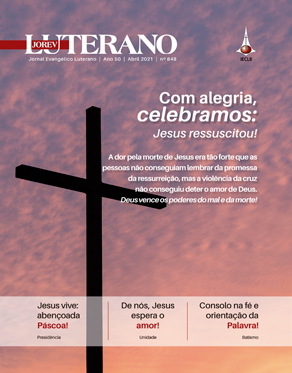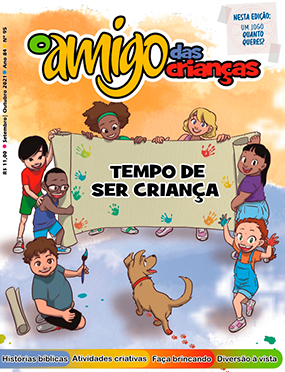Evaluation of the World Social Forum
By Luis Stephanou*
I finished my last chronicle listening to Gilberto Gil. The next (and last!) ones will be devoted to a short evaluation of the WSF. Here I present some general comments. In a second one, I will speak further about the Forum’s workings and the presence of churches. Finally, in the last one, I will approach some issues for the future.
I do this with no ambition to be encompassing – the WSF’s size and complexity go well beyond my means. Besides, I had no access to or I did not take part in discussions considered as strategic. Therefore, I’ll limit myself to the observations of a participant-spectator.
This fourth edition of the Forum corroborates issues that have emerged since its creation, but it also poses challenges to coming events. A first observation – which I believe has left an impression on members of the Brazilian delegation – was the difference between the profiles of our civil society and the one we found at the Forum. I have already commented on that in previous bulletins, but we can never stress it enough. Here, grassroots social movements have played a protagonist role that they have never had in Porto Alegre. There were tens of thousands of peasants and urban workers, whose faces displayed all suffering, strength and hope of the India of villages, riverbanks and large urban shantytowns.
This was a meeting with distinct dynamics: it took place much more in alleys than inside plenary sessions or large conferences. It was more troubled, more alive.
Much was said these days about cultural, political, and social diversity. Maybe there is something to be said about another form of civil society around here, with very distinct parts. If that is corrects (I don’t know that), the Forum might have contributed to increase communication between such differences, whether from one region to another or even among themes with points in common. It is not only a question of communication or the difficulties of a country with many languages; it’s something deeper, related to the Indian way of being. Hard to explain…
I believe that the most visible example is the dalits. They came from different areas, and seem to have little contact with one another. Even their general organisations did not seem to be representing them all. But the Forum helped to strengthen such ties and also brought them international visibility they didn’t have before.
To which degree this edition of the Forum will contribute to changes in Indian society? Frankly, I don’t know. On the one hand, it was a great bridge for its social movements; on the other hand, all you had to do was walk for five minutes out of the limits of the place where conferences and workshops took place to realize the overwhelming destitution existing in the country and how much to overcome it is a challenge that escapes our understanding.
Social changes are not built only within the civil society sphere, which has no autonomy for that. It is necessary to articulate policies that involve the state public sector as well as the several international organisations. Therefore, the first message of this Forum edition – and others – is that while civil society cannot be seen as the sole protagonist of change, we cannot think of a change scenario without participation by organised groups and social movements either. And that, in global terms, is something relatively new.
*Programme assistant of the Lutheran Foundation of Diaconia.














